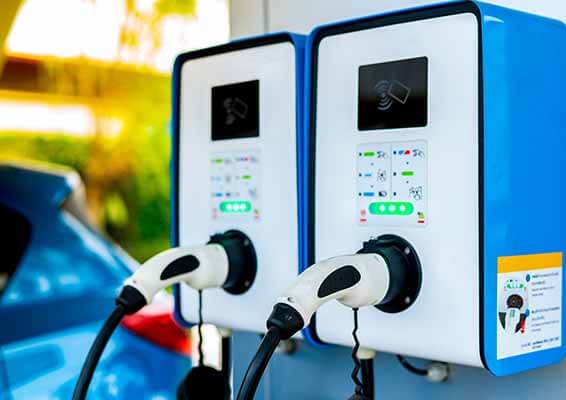Redhill_qik
Active Member
From the podcast/transcript:I found a direct link in case that helps others. Have not listened yet…
Keep in mind that this is produced (or maybe just sponsored) by a company that does solar and battery installation. Some of the assertions on the page I link to below do not ring true to me. I have not found charging at public chargers to be more expensive than filling a car with gasoline (at least in California).
Repeating that I have not yet listened to the podcast.

Gas Stations Are Cheaper Than Public EV Charging - Cinnamon Energy Systems %
Wondering what the cost of EV charging is? Tune into The Energy Show to get the facts about locations and costs of EV charging.cinnamon.energy
Here is a summary of monthly charging costs based on 1,000 miles of driving per month in California:
- Charging at work costs a host company $221/month
- Charging at a public high speed EV charger costs $153/month
- Buying gas at $3.50/gallon costs $140/month (pre-covid price)
- Charging on the EV rate at home costs $80/month
- Charging from home solar at night costs $18/month
| Place | Monthly Cost | Cost per Unit | Units |
|---|---|---|---|
| Work | $211 | $0.65123 | 324 kWh |
| Public high speed EV (DC charging) | $153 | $0.47222 | 324 kWh |
| Gas @ $3.50 | $140 | $3.50 | 40 Gallons |
| Home - EV Rate | $80 | $0.24699 | 324 kWh |
| Home Solar | $18 | $0.05556 | 324 kWh |
| Gas @ $5.374 (AAA CA avg one month ago) | $215 | $5.374 | 40 Gallons |
| Gas @ $6.330 (AAA CA avg current) | $253 | $6.330 | 40 Gallons |
To get this table I took the easiest one first which was the gas as the price was given as $3.50 which gives 40.0 gallons which means the car gets 25 MPG. I think that is a fair MPG number. There wasn't any information on the EV efficiency, so I took the Home EV Rate as a starting point and using the PG&E EV-2A Off-Peak rate of $0.24699 it comes to 323.9 kWh which I round up to 324 kWh which is 0.324 kWh/mile. Again I think that this is a fair number for the EV, Tesla's are more efficient in the 0,.250-0.300kWh range, but there are many more models that are north of 0.350 kWh.
Using the 324 kWh for the other places results in work at $0.65123, Public DC at $0.47222, and Home Solar at night (?) at $0.05556. The Tesla Superchargers near me at charging $0.47/kWh so that seems like a good match. The Home Solar at night is confusing, maybe it means not selling it back at NSC rates, but that is high or maybe it is using old NSC rates of 2-3 cents plus the NBC rate of 2.6 cents to get 5.6 cents. The Work charge of$0.65123 must be an all-in number that is combing the cost of electricity plus the host company's amortized cost per kWh to build the infrastructure. My work charges $0.19/kWh which would be lower than the Home EV Rate.
The gas at $3.50 is something that California drivers won't be seeing any time soon, if ever, so I updated the table using AAA numbers for California prices from a month ago and current. Both of these exceed "Work" cost.


